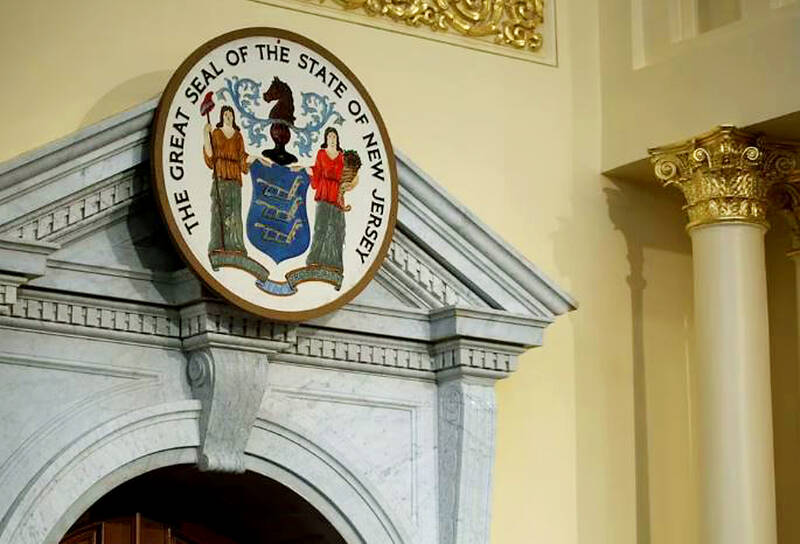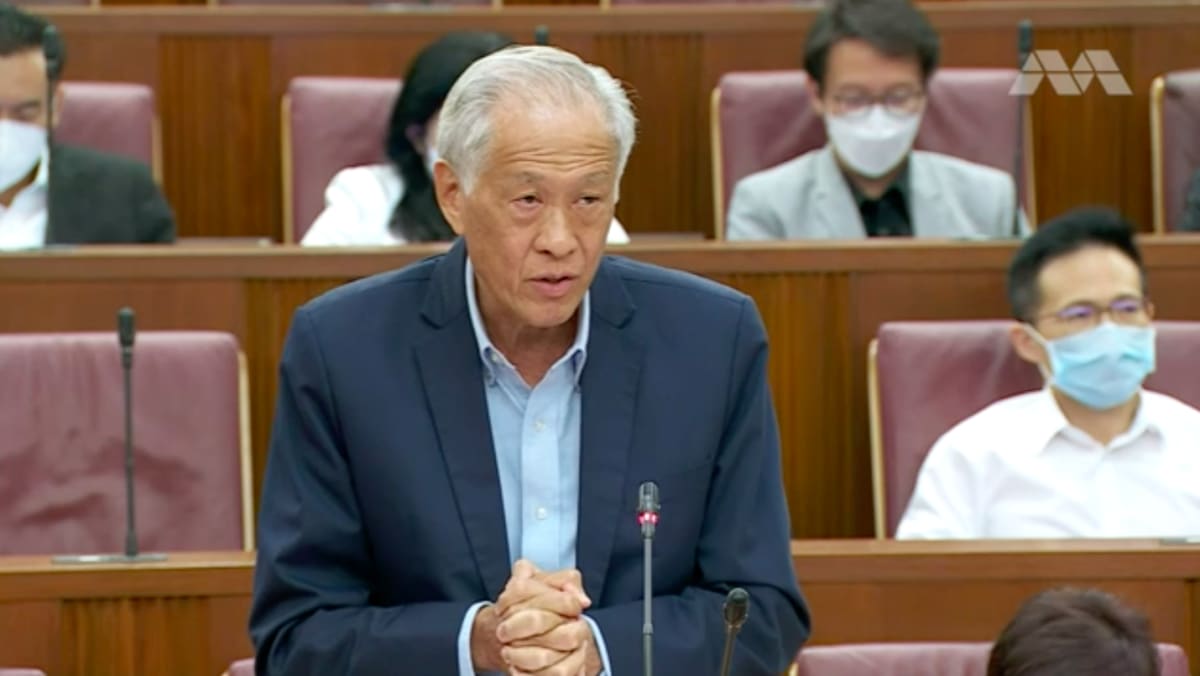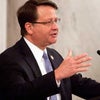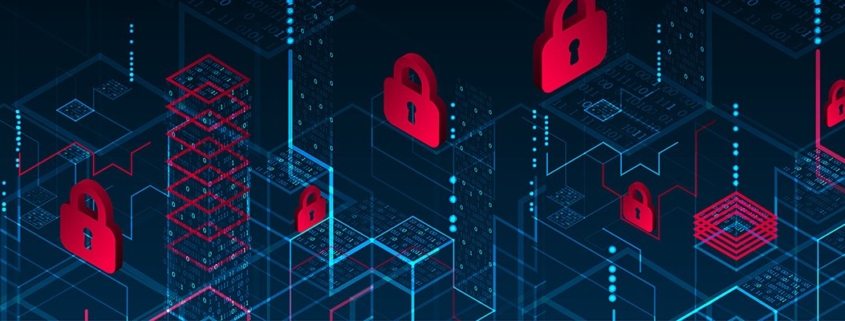New Jersey passes resolution affirming trade with Taiwan
-
By Jonathan Chin / Staff writer, with CNA
The New Jersey General Assembly on Thursday passed a resolution backing a bilateral trade agreement between Taiwan and the US, and supporting Taiwan’s bid to participate in the WHO and other international organizations.
The resolution marking the sister-state relationship between Taiwan and New Jersey established in 1989 unanimously passed the lower chamber of the state house by a vote of 75-0.
Hans Chang (張俊裕), deputy director-general of the Taipei Economic and Cultural Office (TECO) in New York, witnessed the resolution’s passage as a special guest.

Photo: REUTERS
Taiwan and New Jersey share free and democratic values and strong economic ties, and the resolution would deepen the partnership, said Assemblyman Robert Karabinchak, a US Democrat who sponsored the bill.
Taiwan thanks New Jersey state lawmakers for their support and friendship and looks forward to strengthening the bilateral partnership, TECO said in a statement.
In March, President Tsai Ing-wen (蔡英文) met New Jersey Governor Phil Murphy during her transit through New York, and discussed the nation’s collaboration with the governor’s economic and infrastructure initiatives, it said.
Taiwan’s six core strategic industries development plan could complement Murphy’s policies, especially in high-tech industries, green energy, traffic, communications, biotechnology and secure supply chains, it said.
The resolution mentions the increased collaboration between Taiwan and the US in supply chain resilience, efforts to counter Beijing’s economic coercion, development of a digital economy and improvement of Internet security, among other issues, TECO said.
The assembly urged Washington to continue supporting Taiwan’s effort for inclusion in the WHO, International Civil Aviation Organization and Interpol, it said.
The nation’s partnership with New Jersey is strong, with Taoyuan and Newark inking a…






 James Ford
James Ford